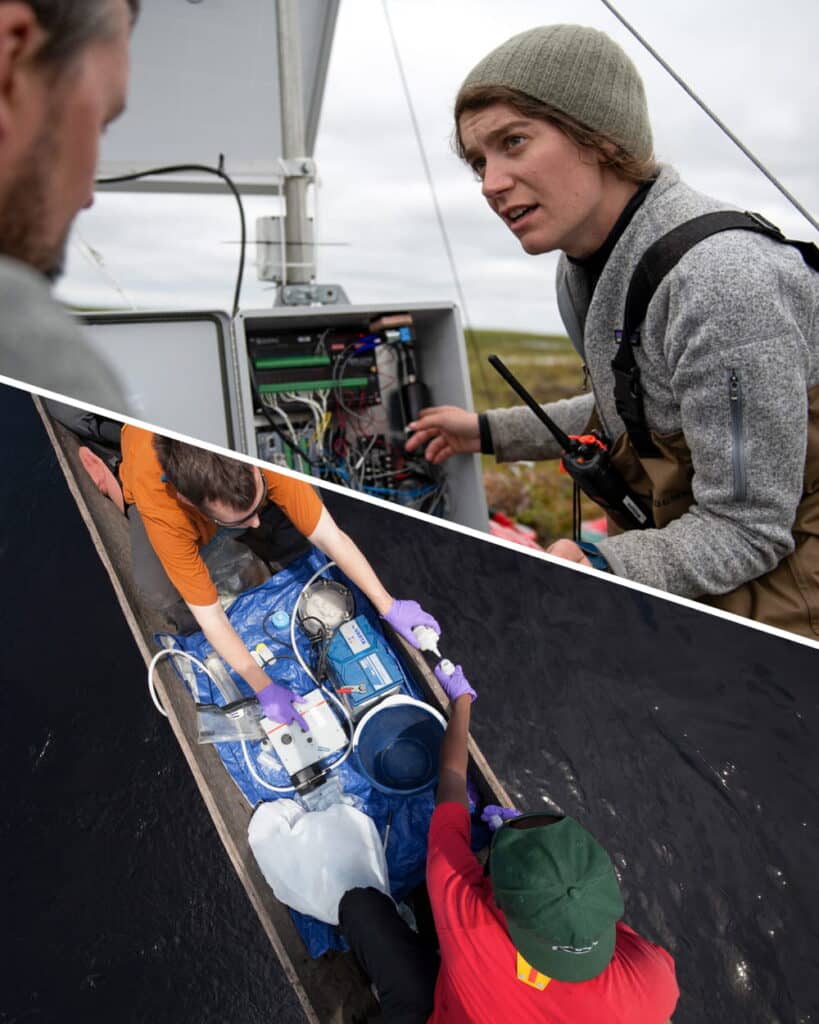Woodwell Climate Conversations: Enduring Impact
Max Holmes, President and CEO of Woodwell Climate, and Dr. John Holdren, Former Chief Science and Technology Advisor to President Obama, on adapting with purpose and the lessons learned from political turbulence.
Learn more about our Climate Conversations series.
Climate futures: What’s ahead for our world beyond 1.5°C of warming?
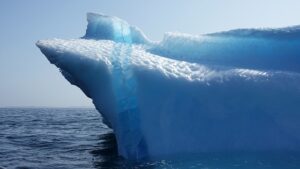
Humanity stands at a critical juncture in the climate emergency: As countries worldwide prepare to submit their climate commitments for the next decade, scientists report mounting evidence that we are very close to breaching the 1.5° Celsius limit set by the Paris Agreement 10 years ago.
Beyond 1.5°C (2.7° Fahrenheit), we increasingly risk crossing climate tipping points, with dire consequences.
June 2025 collaborator highlight: Permafrost Discovery Gateway
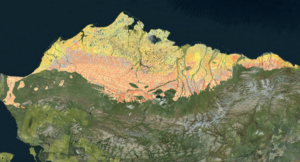
The Permafrost Discovery Gateway (PDG) is an online data visualization platform hosted by the Arctic Data Center that provides openly accessible permafrost conditions across the Arctic region for researchers, educators, and the public. The PDG leverages satellite imagery and artificial intelligence (AI) to create maps of lake change, retrogressive thaw slumps, wildfire areas, ice-wedge polygons, coastal erosion, infrastructure, and surface water. To help communities, researchers, and policymakers navigate the changing landscape, the team aims to provide automated monthly monitoring of permafrost thaw during the snow-free season.
Read more on the Arctic Data Center website.
Gold mining causes long-lasting damage in the Amazon rainforest
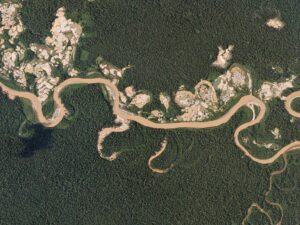
A recent study has found that efforts to restore forests in the Peruvian Amazon after gold mining are failing – not only because of toxic soil, but because the land has lost its water.
A popular method called suction mining reshapes the landscape so dramatically that it strips away moisture and traps heat, creating extreme conditions that young trees cannot survive.
The study was led by Abra Atwood of the Woodwell Climate Research Center, alongside collaborators from Columbia University, Arizona State University, and Peru’s Universidad Nacional de San Antonio Abad del Cusco.
Mountainfilm opens with power-packed symposium
Festival’s tone is set by films and panels focused on oppressed communities reclaiming their voices

Mountainfilm kicked off on a high note, with one of the first films on the schedule appropriately titled “The Opening Address.” The short, 10-minute film was followed by a powerful symposium on “A New Era of Conservation: How Indigenous Leadership is Reshaping What We Thought We Knew About Land Management,” featuring former Secretary of the Interior in the Biden administration Deb Haaland (Laguna Pueblo) and five other groundbreaking leaders in the field.
Read more on Telluride Daily Planet.
Cost estimates rising for permafrost-related damage to Alaska roads and buildings
Better knowledge and mapping of existing infrastructure is leading to a new estimate of future thaw costs under varying climate scenarios
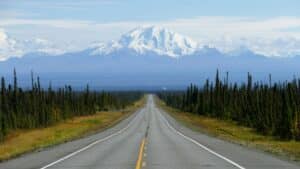
Permafrost thaw is expected to impose costs of $37 billion to $51 billion to Alaska roads and buildings through the middle of the century, according to a newly published study.
The calculated toll, detailed in a study published in the journal Nature Communications Earth and Environment, is higher than previous estimates of thaw costs to Alaska permafrost. That is because of a more complete inventory of roads, buildings and structures like storage tanks, made possible by improved satellite imagery and other technology, said lead author Elias Manos of the University of Connecticut.
The cold, hard truth
The Yukon is warming faster than anywhere else in the world. It’s causing irreversible damage to Indigenous communities
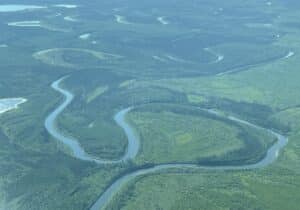
Arctic Canada is filling with puddles.
Springtime in the Yukon looks astonishingly similar to June in Ontario. The days are long. Deer bite the heads off flowers deep in the forest. Icy mountains still loom in the distance, but here in the city of Whitehorse, wet mud squishes with every step. People wear shorts and t-shirts. Trucks are parked in nearly every driveway, dried clay caked onto their tires. Spring in Whitehorse is beautiful, if you forget that it comes at the cost of a forever-changed climate.
Continue reading on THIS Magazine.
Mapbiomass, the foundations are laid in the DRC (French)
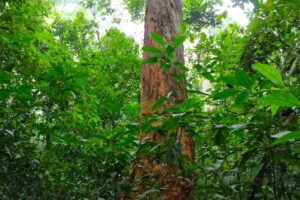
In its ambition to cover 70% of the world’s tropical forest areas by 2030 by deploying initiatives in 20 tropical countries in Latin America, Africa and Southeast Asia, the Mapbiomass network, with the support of the Central African Forest Satellite Observatory (OSFAC-DRC), has started its activities in the Democratic Republic of Congo, identified as a priority country for the deployment of Mapbiomass in Africa.
This is what justified the holding of the workshop on the “presentation of the Mapbiomass initiative and initiation of the process of building the Mapbiomass-DRC Network”.
Read more on Info Environnment.




